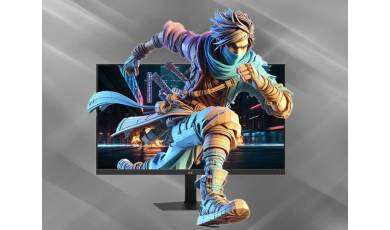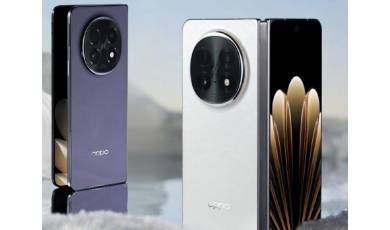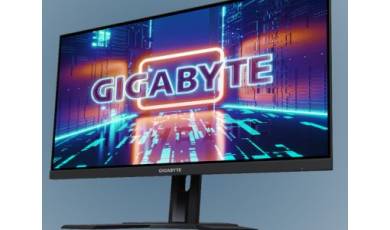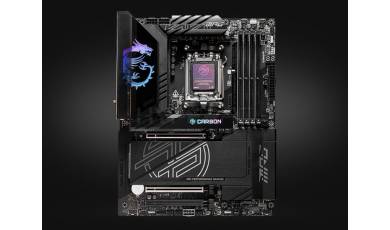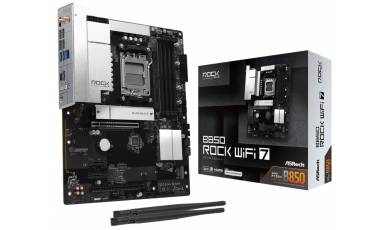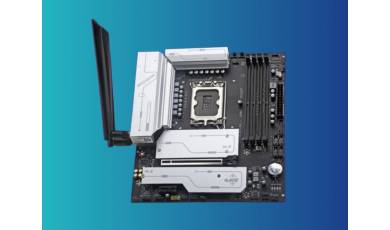ECS MCP61M-M3 (V1.0A) specs
Motherboards Specs >> ECS >> ECS MCP61M-M3 (V1.0A)| Specifications | | | Reviews |
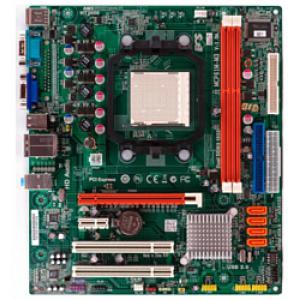
CPU Features ECS MCP61M-M3 (V1.0A)
Make:
AMD
Socket:
AM3
Number of sockets:
1
Integrated processor:
No
Processor support:
AMD Phenom II
Support for multi-core processors:
Yes
Hyper-Threading:
No
Intel vPro:
No
The frequency of the bus ECS MCP61M-M3 (V1.0A)
Maximum:
HyperTransport
Memory features ECS MCP61M-M3 (V1.0A)
Type:
DDR3 DIMM
Support buffered (RDIMM) memory:
No
Max. size:
8 Gb
The number of slots:
2
Memory Speed ECS MCP61M-M3 (V1.0A)
Minimal:
800 MHz
Maximum:
1333 MHz
ECC ECS MCP61M-M3 (V1.0A)
Support ECC: Error-Correcting Code
Error-Correcting Code
No
Memory mode ECS MCP61M-M3 (V1.0A)
Double channel:
Yes
Three channel:
No
Four channel:
No
Chipset Feature ECS MCP61M-M3 (V1.0A)
Make:
NVIDIA
Name:
NVIDIA GeForce 6100
SLI/CrossFire: Scalable Link Interface
Scalable Link Interface
No
BIOS:
AMI
Recovery BIOS:
Yes
Support EFI:
No
Expansion Slots ECS MCP61M-M3 (V1.0A)
AGP: Accelerated Graphics Port
Accelerated Graphics Port
No
PCI-E 16x:
1
PCI-E 1x:
1
PCI:
2
PCI Express 2.0:
No
PCI Express 3.0:
No
Disk controllers ECS MCP61M-M3 (V1.0A)
IDE ECS MCP61M-M3 (V1.0A)
Controller IDE: Integrated Drive Electronics
Integrated Drive Electronics
UltraDMA 100
Number of IDE slots:
1
SATA ECS MCP61M-M3 (V1.0A)
Controller SATA: Serial Advanced Technology Attachment
Serial Advanced Technology Attachment
Yes
The number of SATA connectors:
4
Number of SATA 3Gb/s connectors:
4
SCSI ECS MCP61M-M3 (V1.0A)
Controller SCSI: Small Computer Systems Interface
Small Computer Systems Interface
No
SAS ECS MCP61M-M3 (V1.0A)
Controller SAS:
No
Ethernet ECS MCP61M-M3 (V1.0A)
Ethernet:
10/100 Mbit/s
Ethernet chipset:
Realtek 8102EL
Type of Wi-Fi:
No
Bluetooth:
No
Audio/Video ECS MCP61M-M3 (V1.0A)
Sound:
HDA
Manufacturer sound chip:
VIA
Sound chip:
VIA VT1705
Sound scheme:
5.1
Integrated graphics:
Yes
Connectors and Interfaces ECS MCP61M-M3 (V1.0A)
The number of USB connectors:
10
The number of USB connectors on the back panel:
4
DisplayPort:
No
Coaxial output on the back panel:
No
Optical output on the back panel:
No
S / PDIF input:
No
S / PDIF out:
Yes
The number of the COM-ports:
1
The number of the COM-ports on the back panel:
1
GAME/MIDI:
No
LPT: Line Print Terminal
Line Print Terminal
No
LPT on the back panel:
No
TV-out:
No
S-Video-out on the back panel:
No
Component video output on the back panel:
No
D-Sub on the back panel:
Yes
DVI on the back panel:
No
HDMI on the back panel:
No
PS/2 (keyboard) connector:
Yes
PS/2 (keyboard) connector on the back panel:
Yes
PS/2 (mouse) connector:
Yes
PS/2 (mouse) connector on the back panel:
Yes
Main power connector:
24-pin
CPU power connector:
4-pin
Form Factor:
microATX
Reviews, Questions about ECS MCP61M-M3 (V1.0A)
Write Review / Ask a question about ECS MCP61M-M3 (V1.0A)

